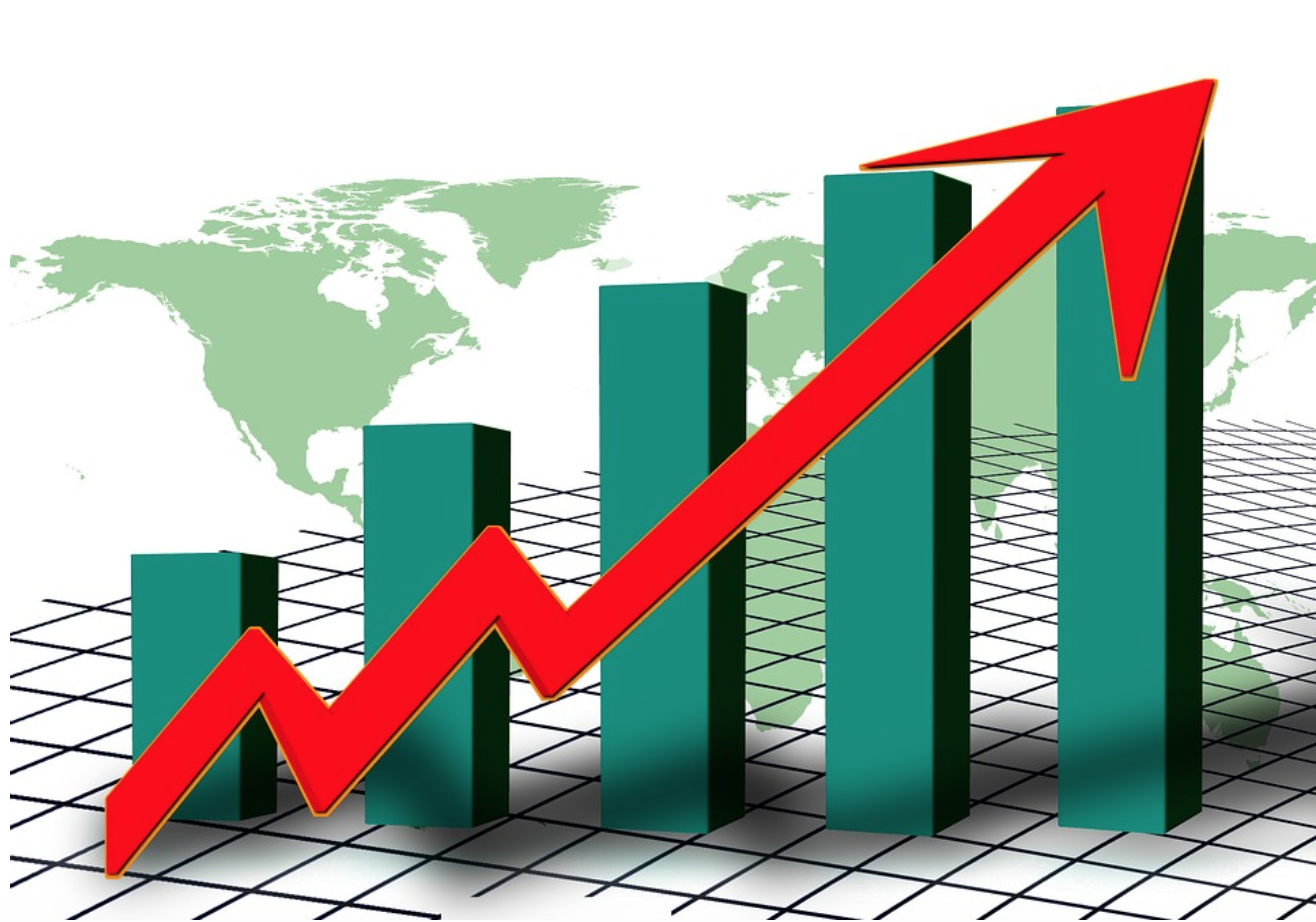By Arin Garland ’18
The age of the internet has changed the way that people shop for both better and for worse. While it allows you to buy goods in the comfort of your home and have them delivered to your doorstep, at the same time you sacrifice your security. Every link you click leaves a digital trace that companies can use to their advantage and, at times, to your disservice.
Digital market manipulation is a topic has been brought to my attention after learning about it in my AP Economics class. At first I considered it to be morally reprehensible, though I later learned that it actually is more beneficial for the economy overall. Also, as long people have most of the control over what they buy and where they go on the internet, I don’t think that any lines are being crossed.
Companies are able to use your digital trace not only to cater ads to your interests but change the prices of their items depending on your data. They can use “cookies,” browsing history stored on your computer, to show you ads that you would be interested in, which can be beneficial because you want to see things that are relevant to you, however, when they start to change the prices based on your data, also known as “price discrimination,” it becomes unfair to the individuals who are paying higher prices for the same goods.
This is not new information, yet many people don’t seem aware of it. In 2012 the travel company Orbitz was reported to have “steered mac users toward higher-priced hotels” by showing the different users different advertisements due to macs generally being more expensive. For most Staples students, this means that they are paying a higher price.
Serena Ye ’20 said that she wasn’t aware that companies were purposefully changing the prices of certain items before I spoke to her and thought that it shouldn’t be within their rights to do so.
At the same time, one could argue that an item is always worth what someone is willing to pay for it, and it is their choice whether to pay or not. Also, if the person thinks that what the ad sponsored was too expensive they can always search for better options.
Sarah Acselrod ’18, an AP Economics student, said that she thought it was better for the economy because it maximizes profit for companies. Also it allows people who would otherwise be unable to afford a good at a set price, the ability to buy goods at a price they would be willing it buy it at.
The only issue with this idea of “digital market manipulation” is essentially in the name; it is technically manipulation and threatens consumer security giving rise to questions like “what are they going to do next?” in terms of invasion of privacy. It is also unfair in the sense that it denies equal opportunity for people to buy items at cheaper prices, however, in the end it is their choice and if people are willing to pay higher prices for similar goods. So, for now, I think that there are no serious consequences.














































